Robotic Process Automation (RPA) services refer to the use of software robots or just "bots" to automate the fundamental, repetitive and rule-based tasks that are typically executed by manual efforts. This process ultimately streamlines the labour intensive monotonous tasks in the industries. These bots can simulate human actions within specifically designed digital systems. These can include jobs such as logging into applications, entering data, processing transactions, and responding to simple inquiries.
RPA services are basically designed to enhance efficiency by reducing manual intervention in indefinite routine processes, leading to faster execution, fewer errors, and cost savings. They can be incorporated into various industries for tasks ranging from routine data entry to complex process automation, significantly enhancing efficiency and accuracy.
In essence, RPA allows organisations to finely streamline operations, free up human workers for more complex and cognitive tasks, and improve overall productivity by automating mundane activities that don't require human judgement.
Nected is a fast-growing low-code / no-code tool that empowers organisations to automate complex, repetitive tasks thereby driving business efficiency and reducing the operational costs. With a focus on scalability and ongoing support for the development of RPA services, Nected stands as a trusted guide in the automation journey, enabling businesses to unlock new levels of productivity and innovation.
Why Use RPA services?
The primary notion behind utilising the services of RPA is to augment the human resources, enhance the customer experience and boost digital transformation. There are certain advantages that make the RPA framework a lot more effective.
1. Heightened efficiency: RPA bots work a lot faster than humans, leading to quicker turnaround times for repetitive processes.
2. Cost savings: By automating the repetitive tasks, organisations can significantly reduce labour costs and improve their return on investment (ROI) by reallocating human resources to more cognition-specific activities.
3. Accuracy and consistency: RPA services eliminates the persisting human errors in data entry and processing, ensuring that tasks are performed consistently and with high precision.
4. Robustness: RPA services can easily be expanded up or down based on the needs of businesses without the need for ample retraining or support from additional infrastructure.
5. Improved compliance: RPA bots can be programmed to follow strict regulatory and compliance requirements which reduces the risk of rogue operations.
6. Boosted productivity: By freeing up employees from monotonous and low-value tasks, RPA allows them to focus on more creative, and complex activities, boosting overall productivity of the business.
7. Round the clock operation: RPA bots can work around the clock without breaks, unlike manual labours which enables accountability for continuous operation in business processes.
8. Better Customer Experience: With faster processing times and a record of fewer errors, RPA services can lead to improved customer service and satisfaction.
RPA accelerates process execution, allowing the workforce to focus on strategic activities. RPA is also highly adaptable, integrating seamlessly with existing systems. It can be effortlessly scaled to meet evolving business needs. In a competitive landscape, RPA services provide a strategic advantage, driving innovation and sustainable growth.
Industry Use Cases of RPA services
Considering the virtue of the RPA services, there are countless sectors where its supremacy can be implemented including some domains like banking and financial applications where accuracy is cardinal.
In the modern business era, a wide range of industries utilise Robotic Process Automation services to streamline operations and enhance efficiency:
1. Finance and Banking: RPA services are used for automating tasks like transaction processing, customer account management leading to quicker and error-free operations.
Implementing technology solutions like RPA and its services can significantly enhance operational workflows. Building on that, delving deeper into how Robotic Process Automation (RPA) is transforming financial sectors, driving both efficiency and innovation can be understood from the below post by Nected.
2. Healthcare: RPA services helps with patient data management, appointment scheduling, and billing, improving service delivery and elevated administrative abilities thereby increasing the total efficiency of the system.
3. Retail and E-commerce: RPA services help automate retail jobs such as inventory management, order processing, customer support. It also enhances supply chain logistics, ultimately optimising the entire sales and delivery process.
Now that the idea of streamlining operations by RPA services has been interpreted, here’s a closer look at how RPA services are being used in optimising supply chain management.
4. Manufacturing: RPA services are employed to manage acquisition, supply chain operations, and quality control. It enables better coordination between tasks and reduced operational costs.
After discussing strategies for reducing costs, it's worth exploring how RPA services are helping manufacturing businesses achieve those savings across various sectors.
5. Insurance: RPA services are utilised for insurance claims processing, policy administration, underwriting, and regulatory compliance.
6. Human Resources: RPA services efficiently streamline HR processes including employee onboarding, payroll processing, benefits administration and more. It allows HR teams to focus on strategic initiatives.
RPA services are reshaping the industrial landscape by automating repetitive processes, boosting efficiency, and reducing operational costs. This transformation enables businesses to focus on innovation and strategic growth, positioning them to thrive in an increasingly competitive market.
How Nected assists with RPA Service implementation
Nected excels in delivering comprehensive Robotic Process Automation (RPA) implementation services, empowering businesses to streamline their operations and enhance efficiency. Nected’s advanced Workflow Manager simplifies and boosts the RPA implementation process, making it straightforward and hassle-free.
Nected's Workflow manager is a dynamic tool designed to streamline the management and optimization of automated processes. It is a cutting-edge tool designed to facilitate the creation, management, and optimization of automated activities. The drag-and-drop interface is the spotlight of the structure that enables users to outline even complex and tedious workflows without extensive coding knowledge. Armed with a robust array of pre-built actions, Nected ensures flawless integration with various applications and systems.
This innovative tool makes automating routine processes effortless, leveraging leading industry tools for smooth integration with your existing IT infrastructure. Additionally, Nected focuses on establishing strong governance frameworks, including exception handling, error recovery, and compliance checks, to ensure the reliability and security of the automated processes. Choose Nected for a seamless and effective RPA solution tailored to your business needs.
Conclusion
In closing, Robotic Process Automation services offer a transformative solution for upgrading operational efficiency by automating repetitive tasks in businesses. By integrating RPA, organisations can achieve faster processing times, increased accuracy, and significant cost savings. The ability to scale automation and boost overall productivity makes RPA a valuable investment for businesses across various industries.
Implementing RPA is highly feasible as it integrates smoothly with existing systems and requires minimal configurational changes to current processes. It is a cost-effective way to automate routine tasks, allowing employees to focus on more strategic and creative work. With its scalability and ease of use, RPA is accessible to businesses of all sizes, offering a practical solution for achieving operational excellence.
Try Nected today and let transformation of operations begin with tailored RPA solutions. Maximise your business potential with Nected's excellent RPA services.
FAQs
Q1. How does RPA improve business efficiency?
RPA enhances efficiency by speeding up task execution, reducing human errors, and freeing up employees to focus on more strategic work.
Q2. What types of tasks are suitable for RPA?
RPA is ideal for tasks that are repetitive, rule-based, and involve structured data, such as data extraction, report generation, and customer service interactions.
Q3. How do you implement RPA in an organisation?
RPA implementation involves assessing the processes for automation, designing workflows, deploying software robots, and continuously monitoring their performance and optimising the system.
Q4. How does RPA differ from traditional automation?
Unlike traditional automation, which often requires significant changes to existing systems and custom programming, RPA interacts with existing applications through user interfaces, minimising disruption and complexity.
Q5. How secure is RPA?
RPA can be configured with high levels of security, including user authentication and specific data encryption, to protect sensitive information and ensure compliance with security policies.
Q6. Can RPA be integrated with existing software?
Yes, RPA can be integrated with existing software and systems without requiring major modifications, as it operates through the user interface, simulating human interactions with applications.
Q7. What types of businesses benefit most from RPA?
Businesses with high volumes of repetitive tasks, such as those in finance, healthcare, retail, and manufacturing, typically see the greatest benefits from RPA.



.png)
.svg)
.webp)

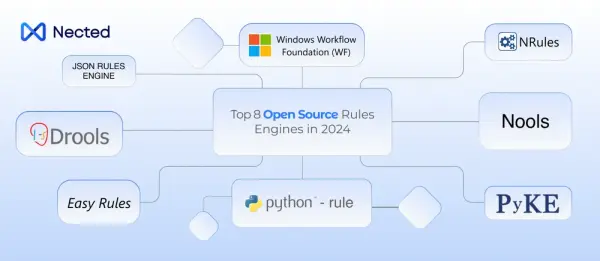




.svg)
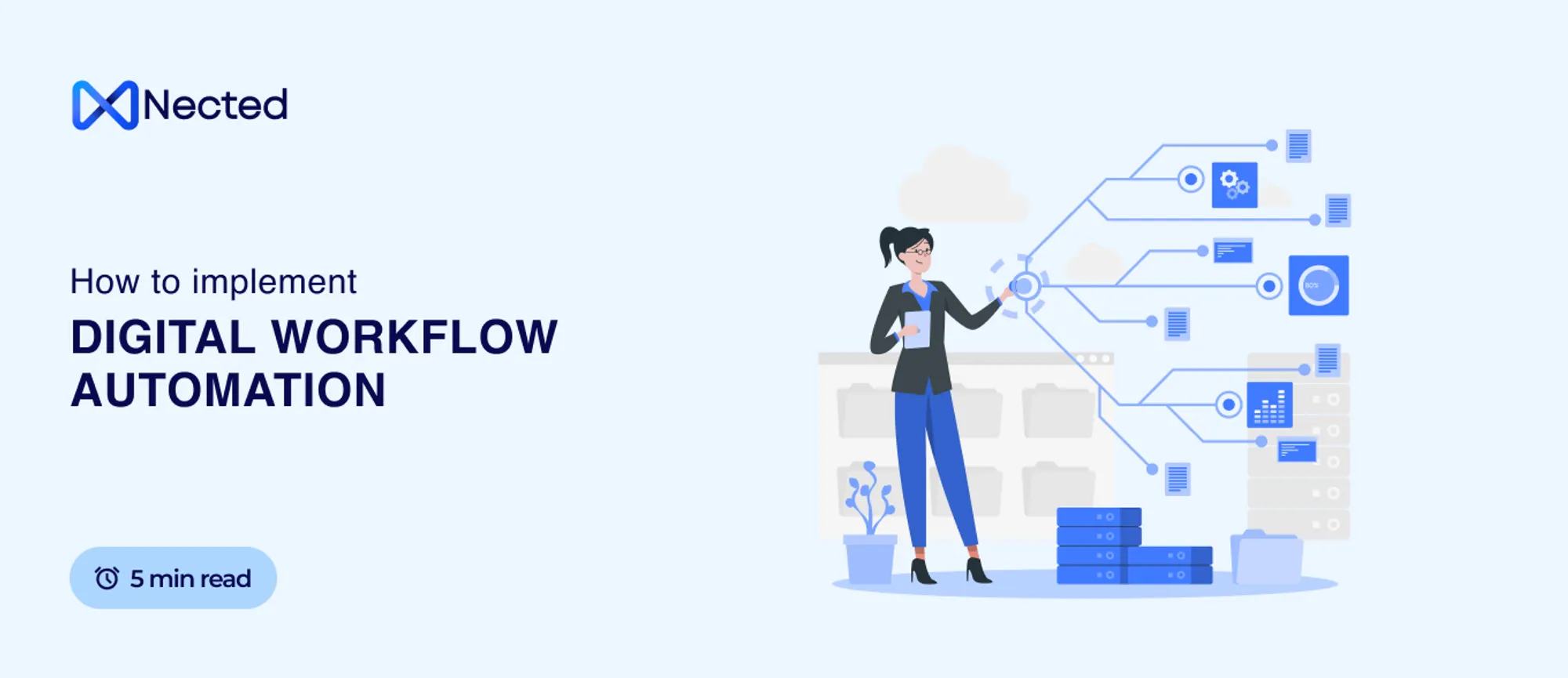

.png)
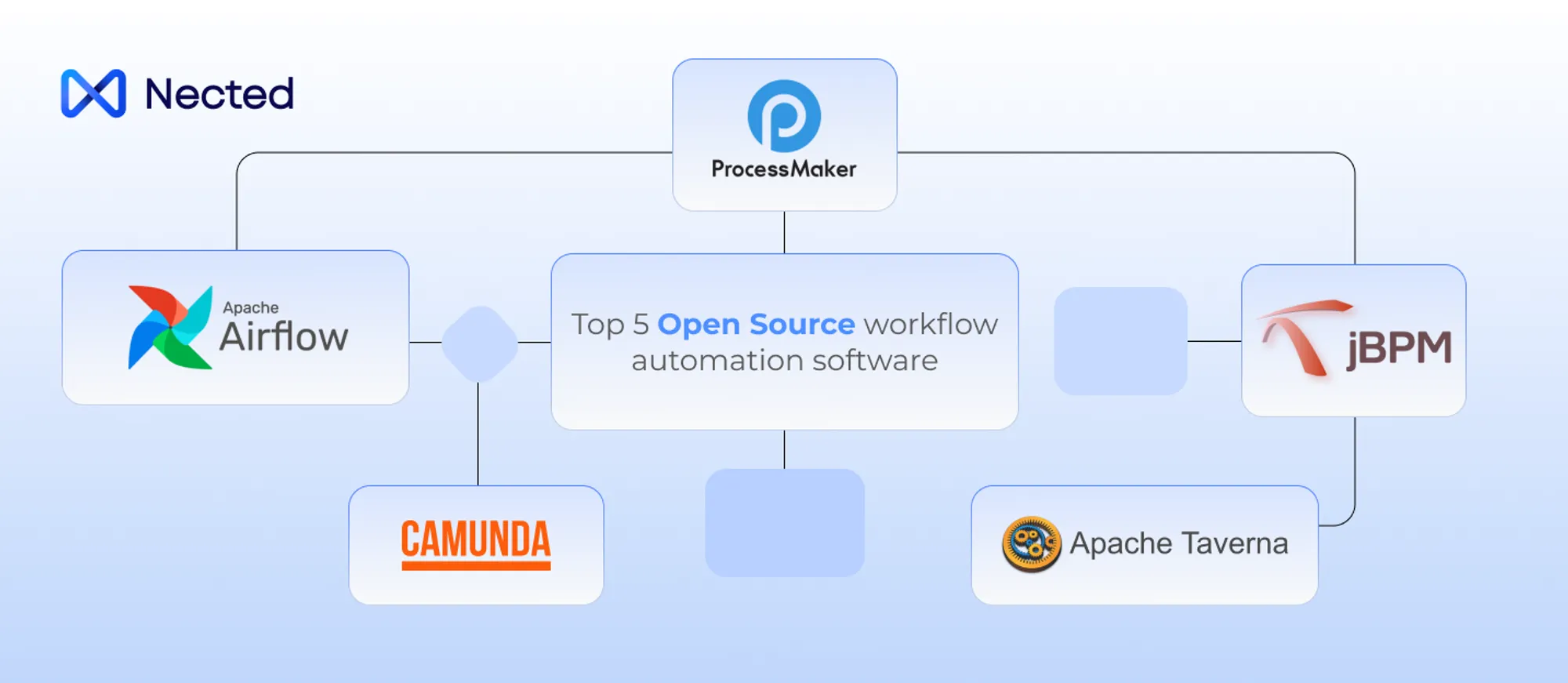
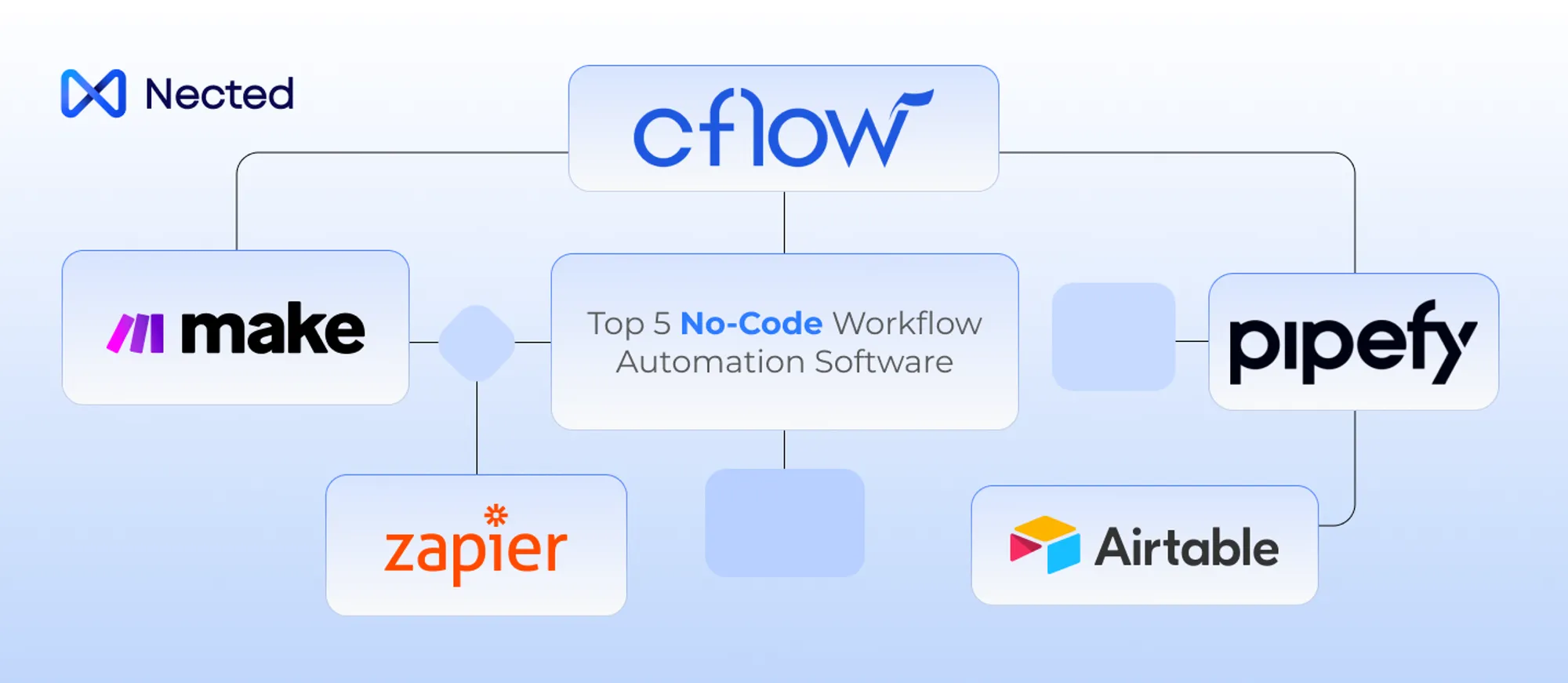
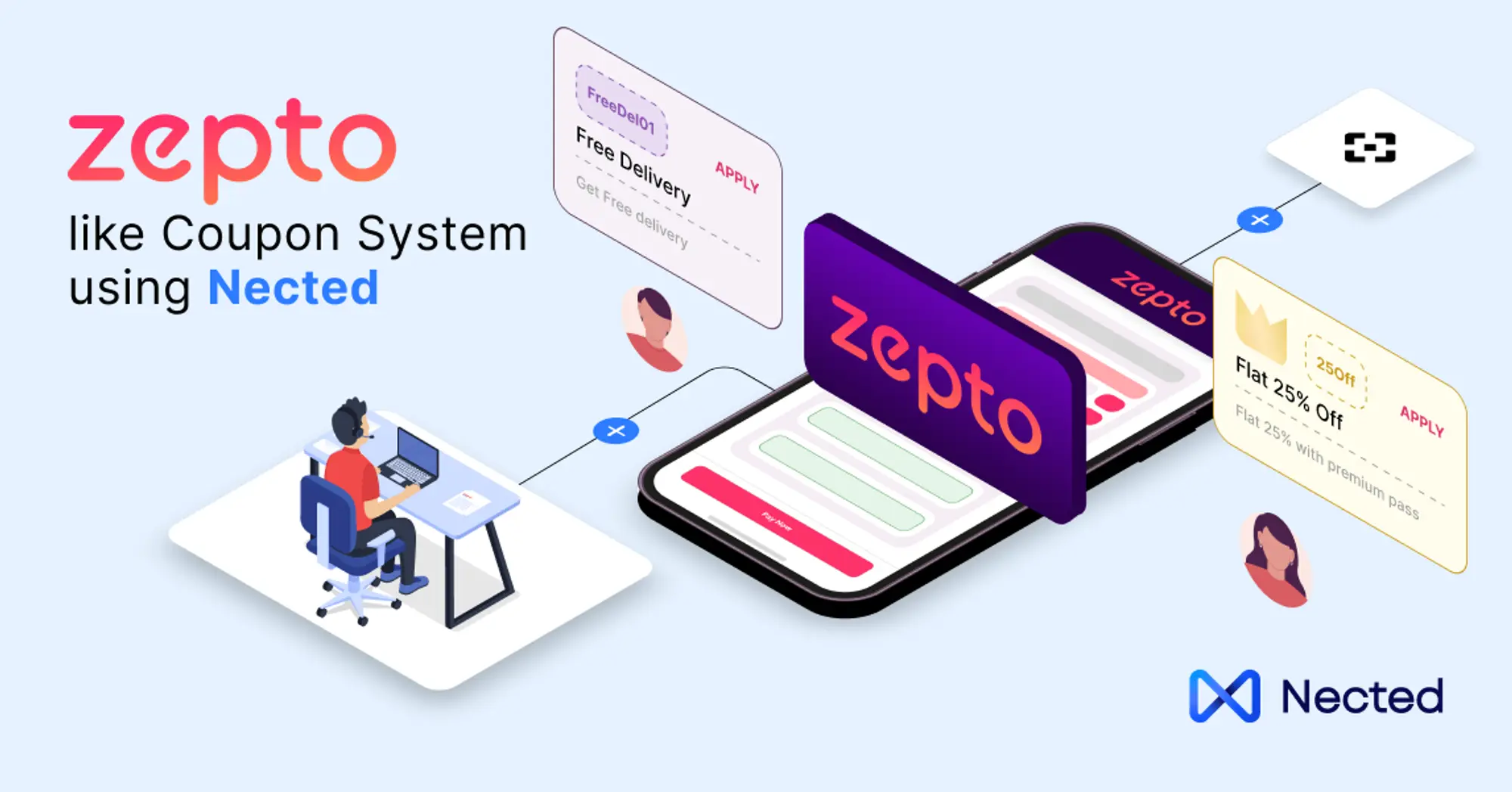
.webp)
.webp)
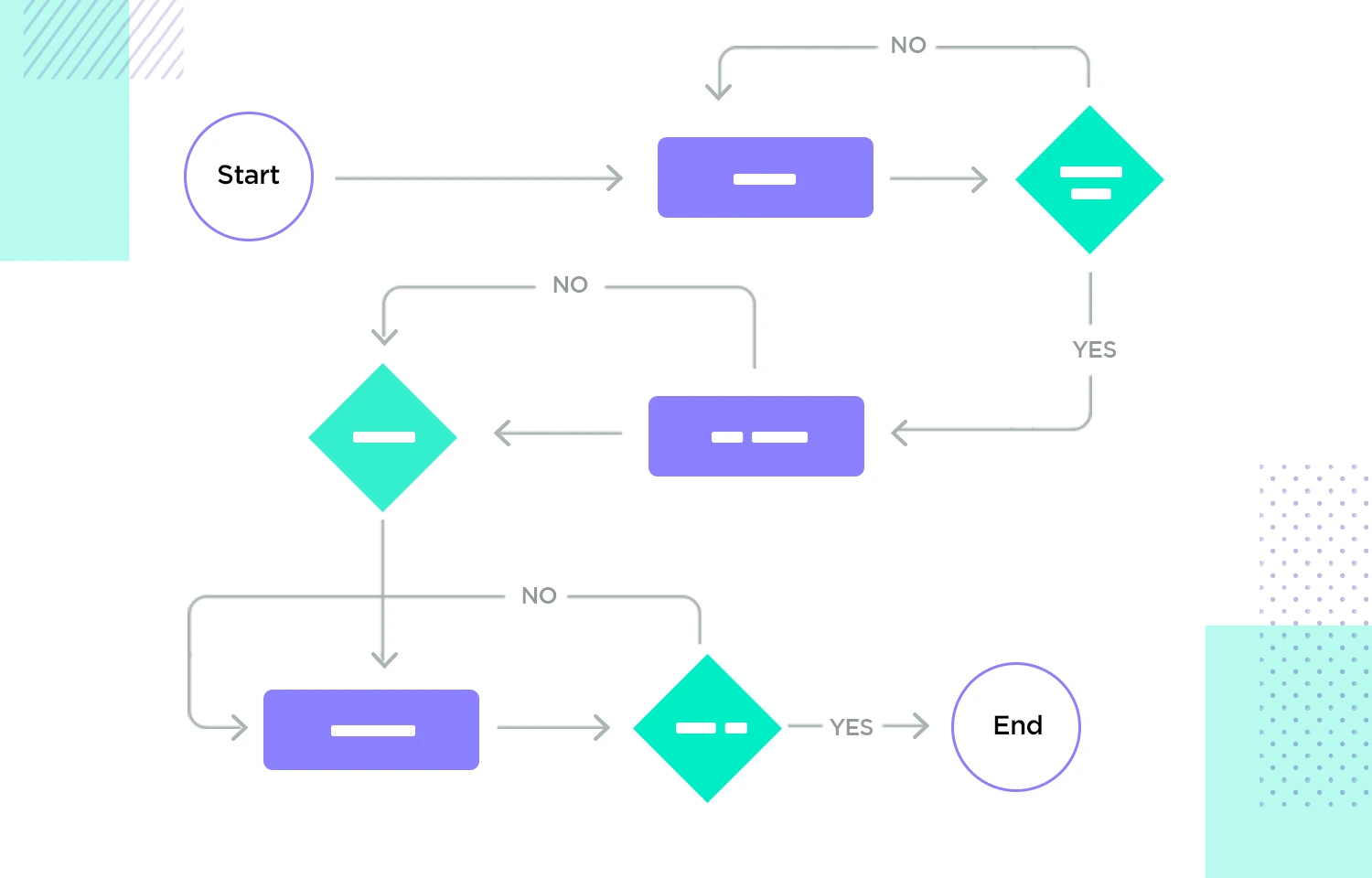
.webp)


.svg)
.png)




.webp)
.svg.webp)


.png)
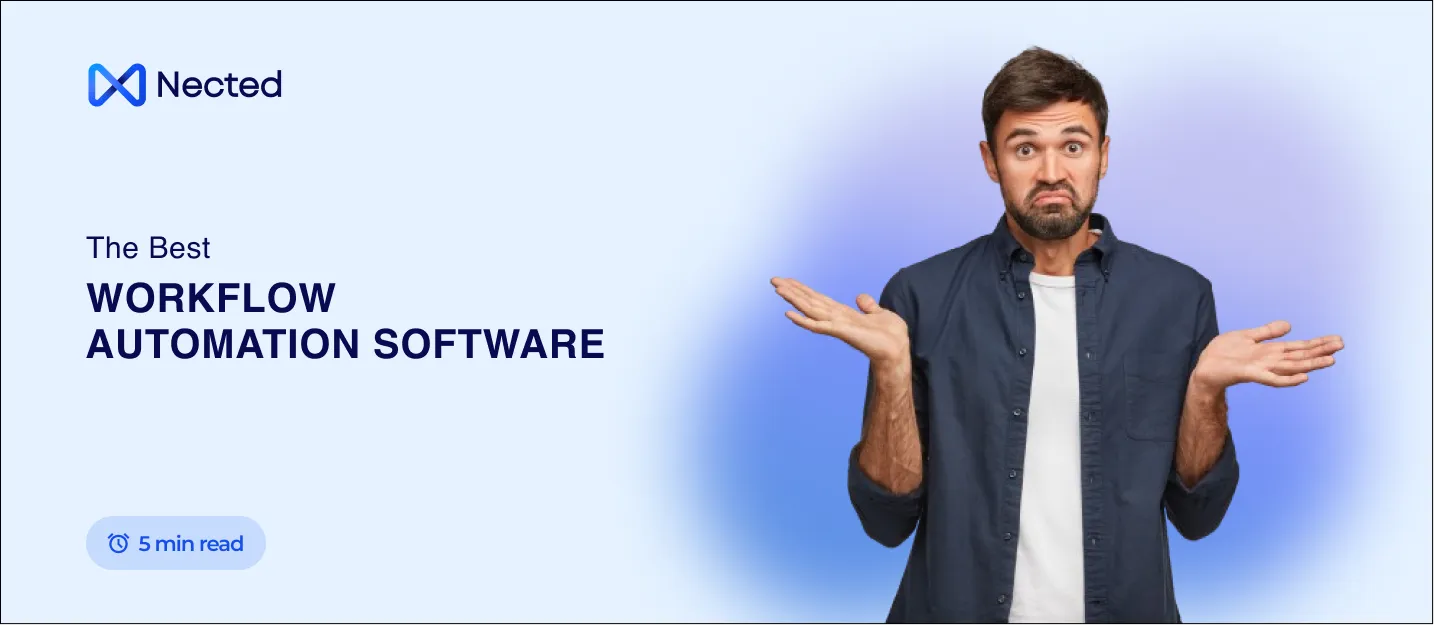
_result.webp)
.webp)
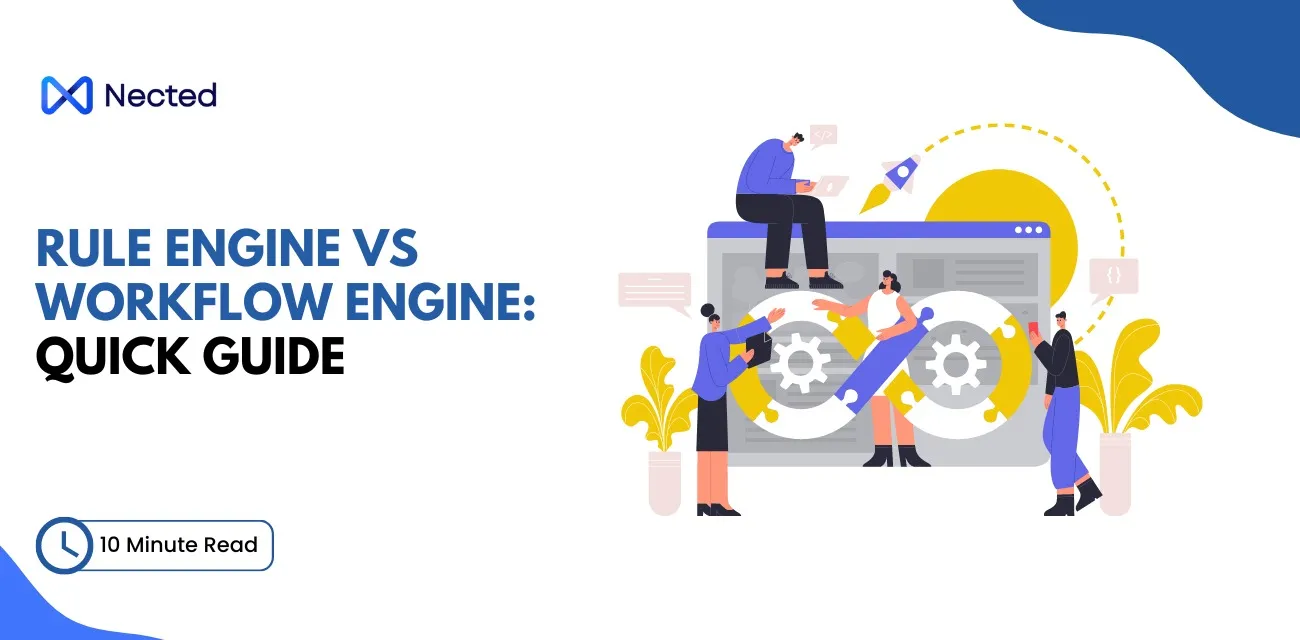
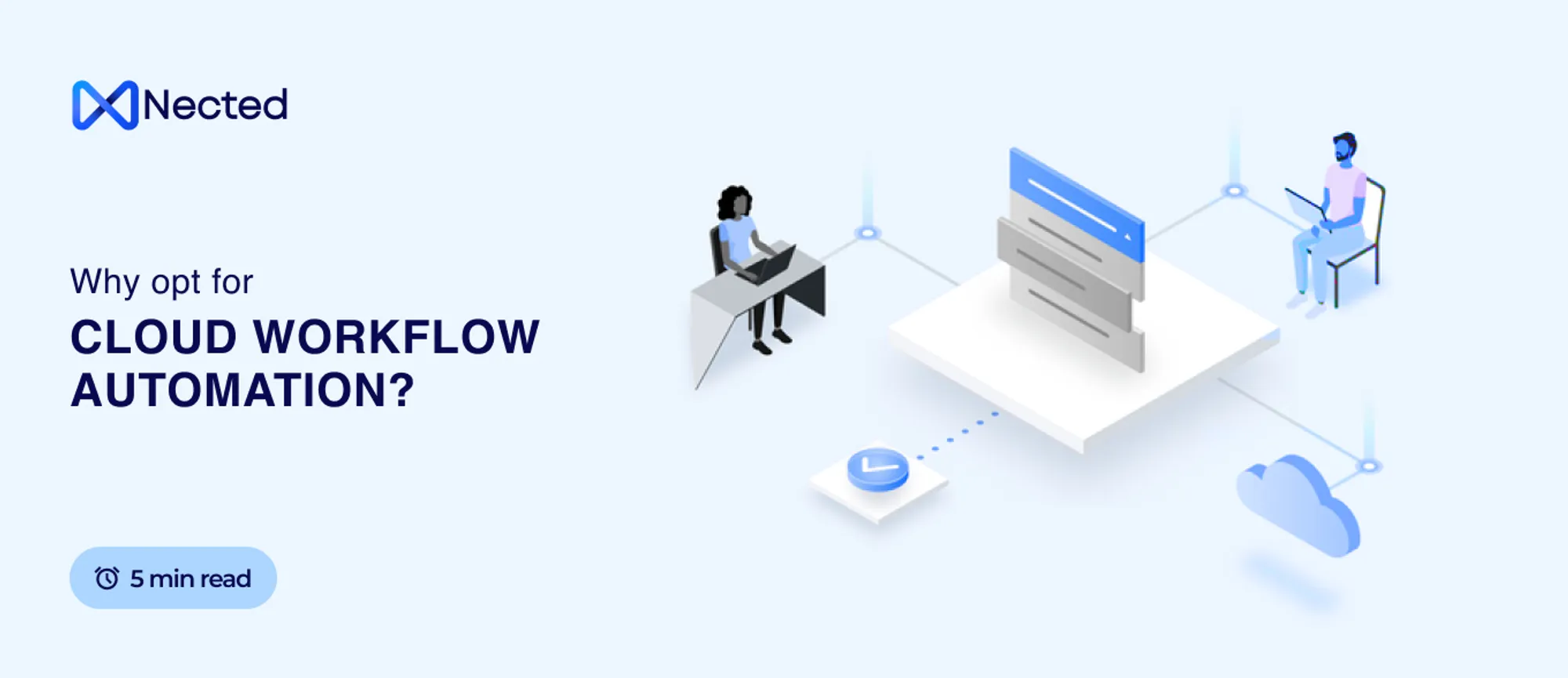
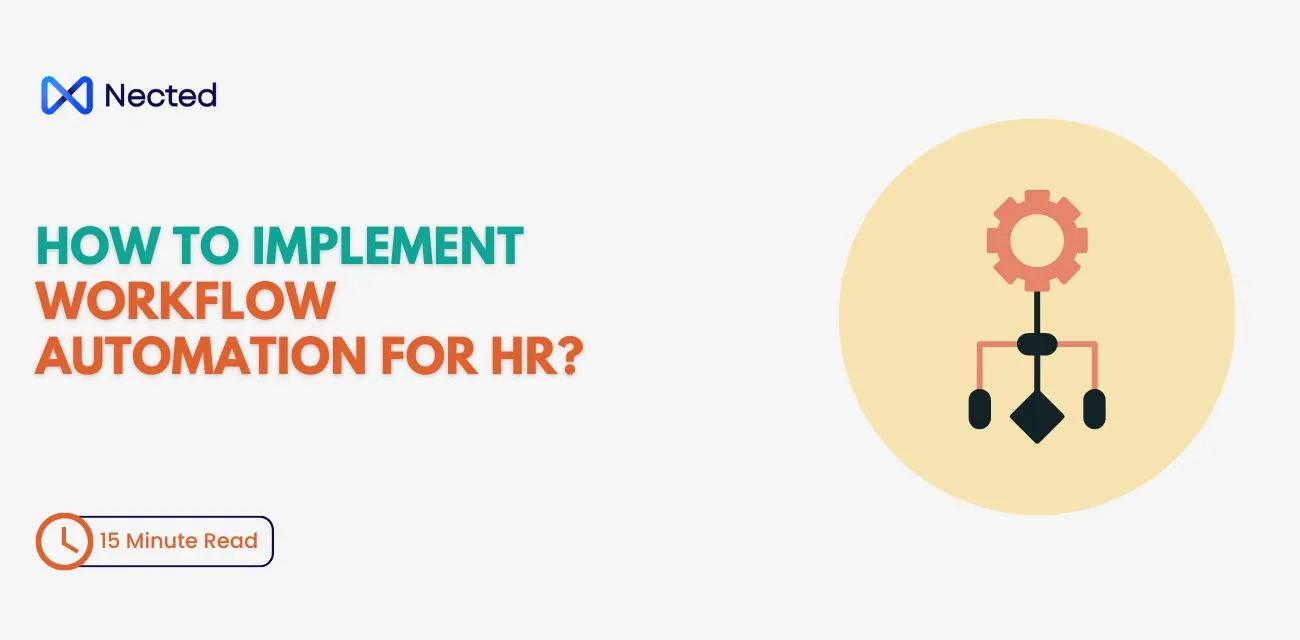
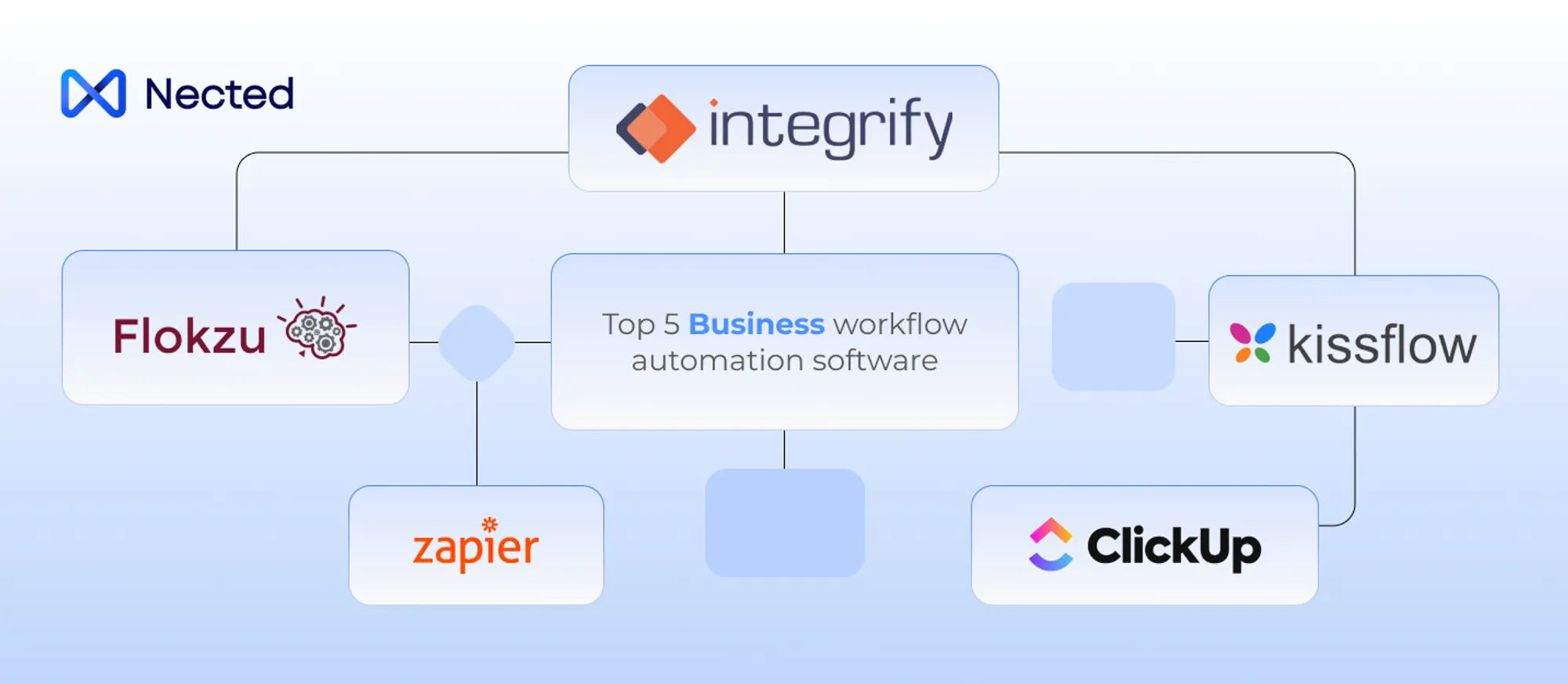
.webp)

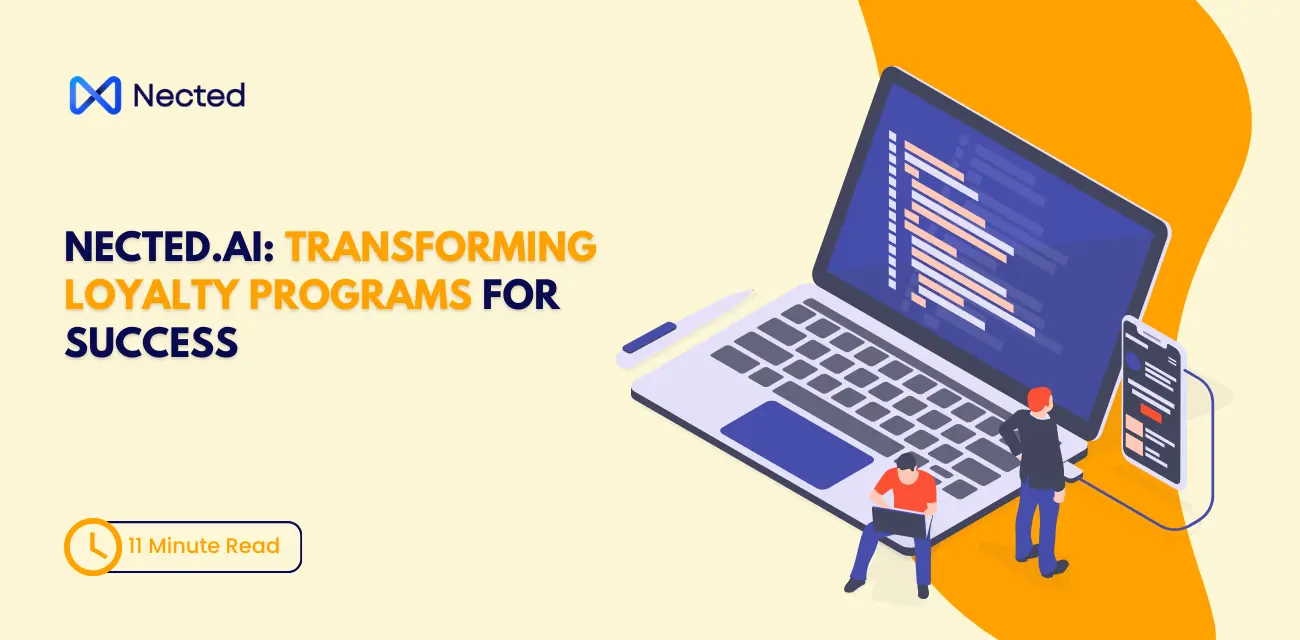
%20m.webp)
.webp)
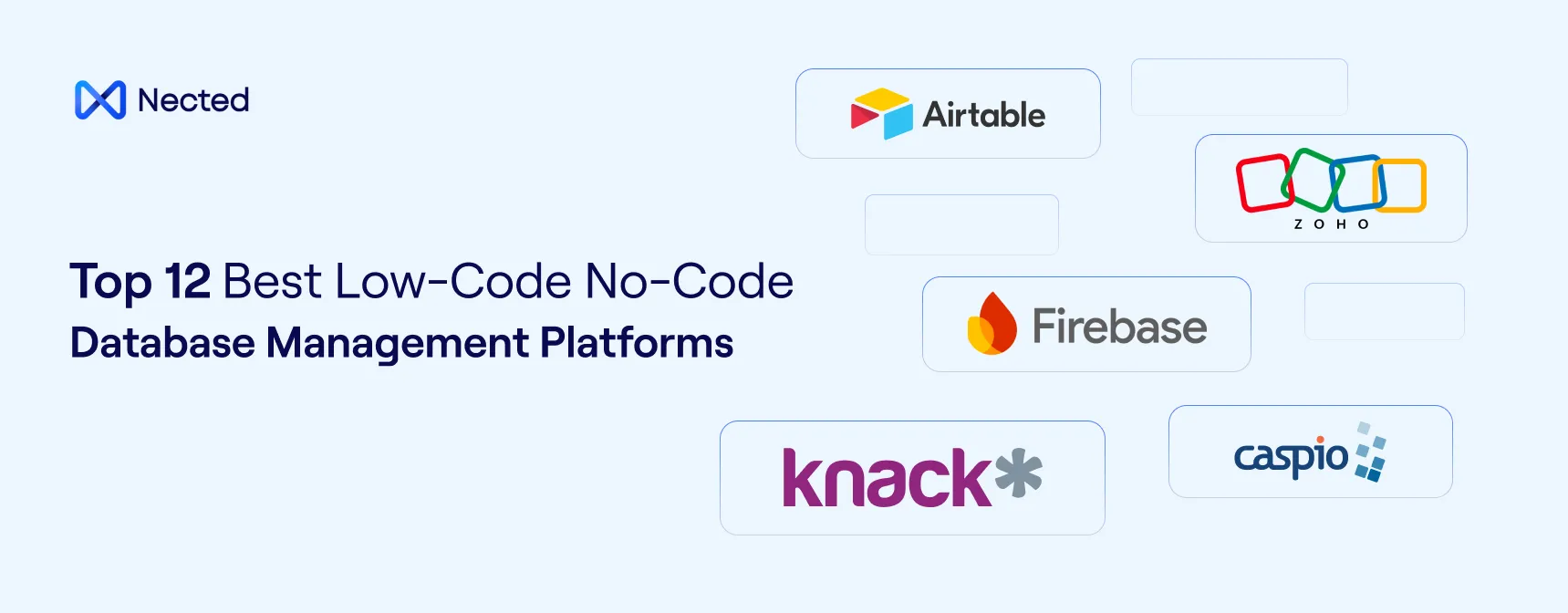
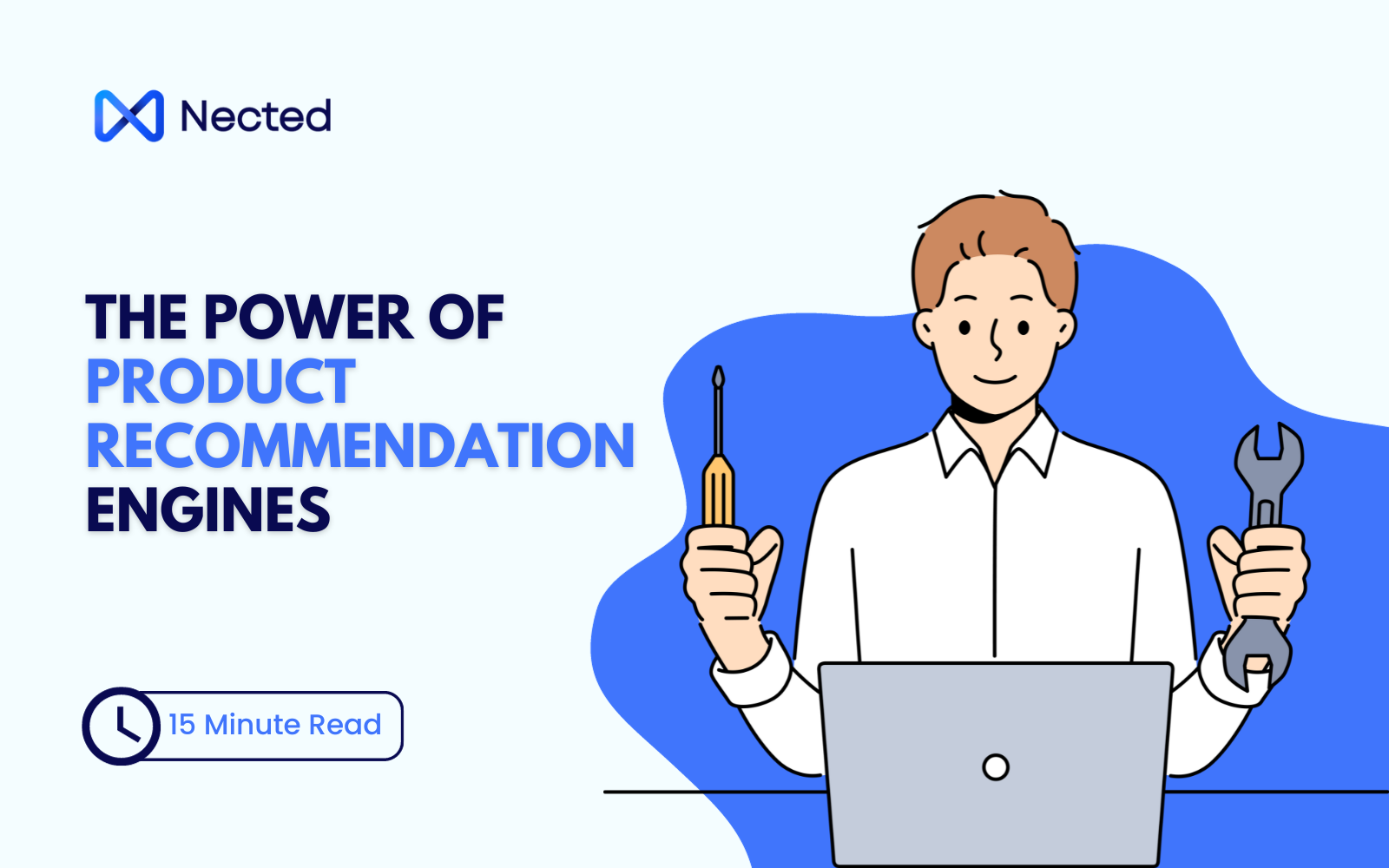
.webp)
.webp)
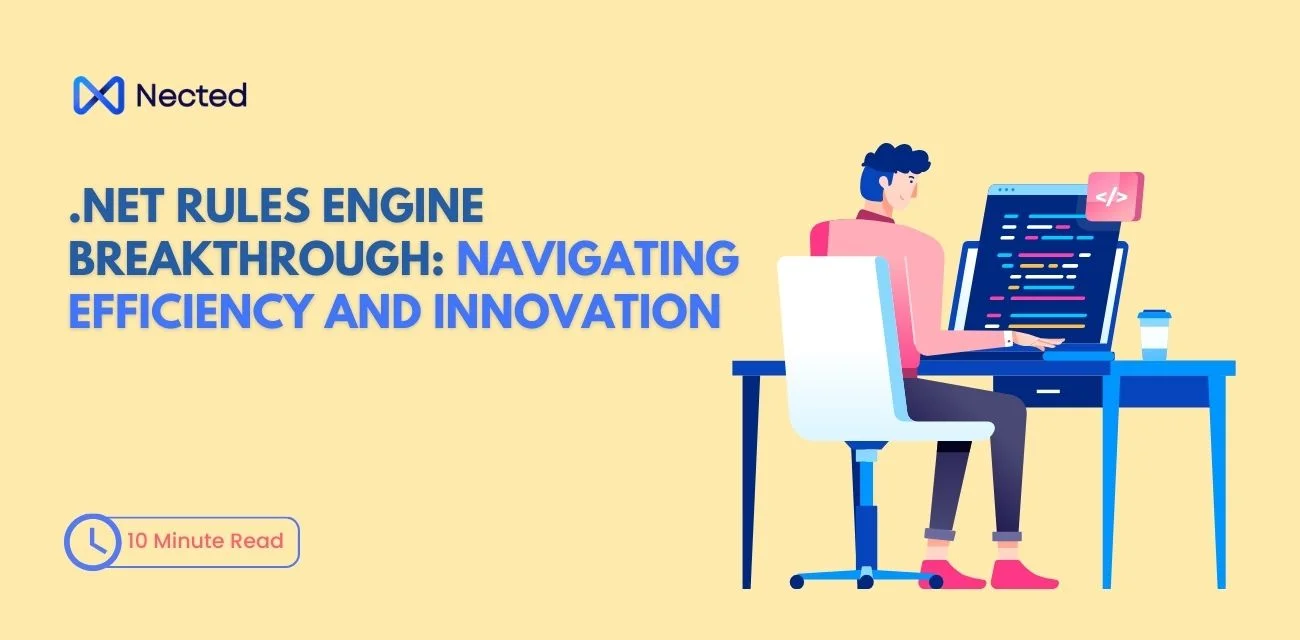

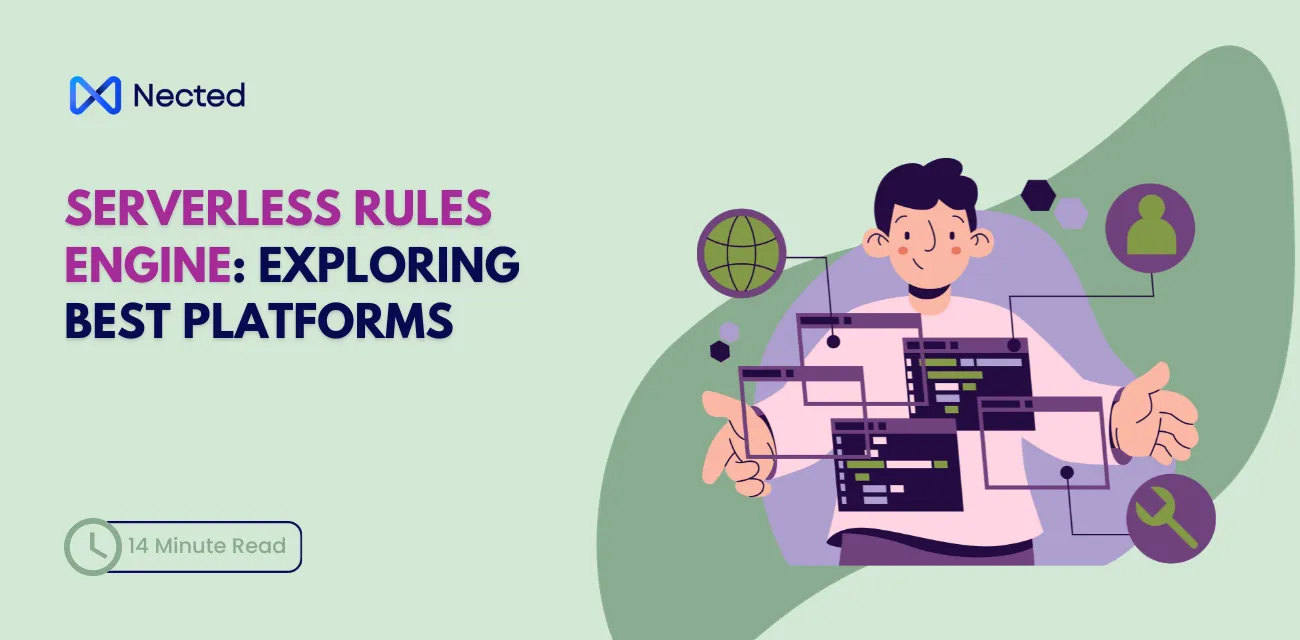



%20(1).webp)
